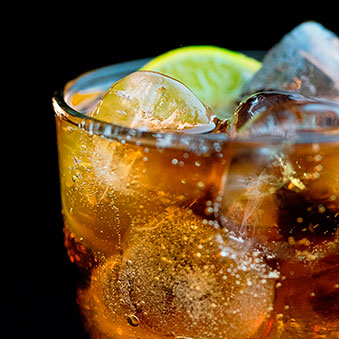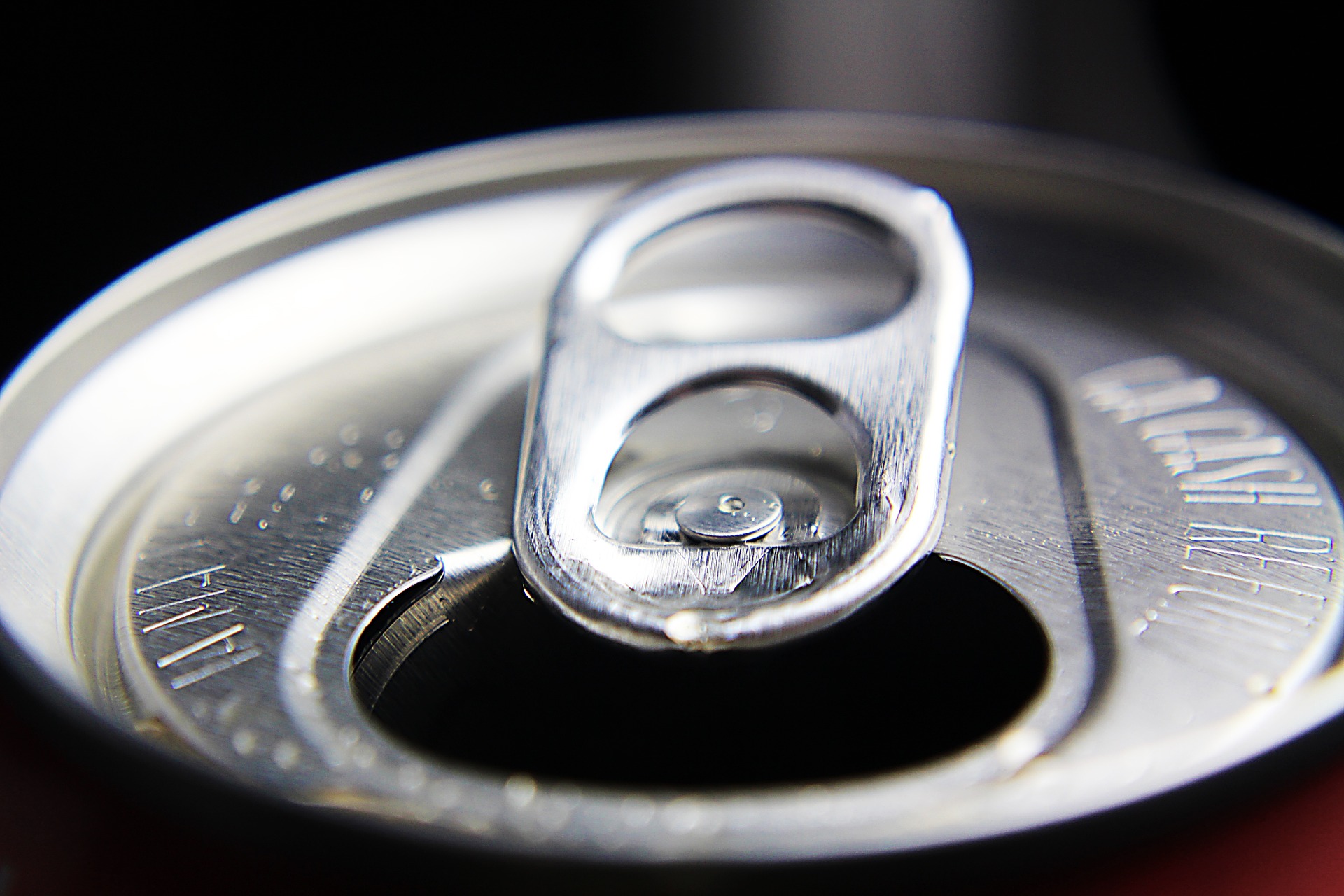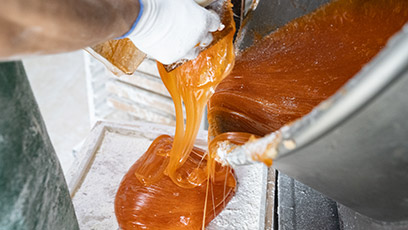Aspartame
Amino acid-based sweetener
Aspartame is made from two amino acids, aspartic acid and phenylalanine, and is about 200 times sweeter than sugar. Since aspartame is more potent than sugar, less of it is needed to match the level of sweetness provided by sugar.


Clean, sugar-like taste
Aspartame is an amino acid-based low-calorie sweetener that was discovered in 1965. It is comprised of aspartic acid and phenylalanine, two of the 20 amino acids necessary for human health that are naturally found in many foods including chicken, beans, and milk.
When digested, aspartame breaks down into these amino acids and a trace amount of methanol, a compound also naturally present in foods like fruits and vegetables.
In fact, aspartame contributes very little aspartic acid, phenylalanine, and methanol compared to what’s normally consumed in a typical diet. Aspartame and sugar both provide four calories per gram, but since aspartame is 200 times more potent, much less is needed to match the sweetness intensity provided by sugar.
Low-Calorie Sweetener
About 200 Times Sweeter than Sugar
Made of Amino Acids Found Naturally in Fruits and Vegetables
Industry Testimonials


Featured Applications

Beverages
Create great tasting, sugar-like formulations with our ingredient solutions.

Bakery
Craft your perfect bakery treat with the highest quality ingredient solutions

Confectionary
Treat your confection products to superior ingredient quality

Dairy
Deliver texture, enhance indulgent dairy notes or boost savory and sweet taste with our diverse ingredient solutions.

Sauces, Dressings & Condiments
Deliver bold flavor in your sauces and dressings with our portfolio of ingredients.
Frequently Asked Questions
Aspartame is a unique sweetener in that its taste profile matches that of sugar; it has no bitter aftertaste. This means that foods and drinks containing aspartame enable people to enjoy the same sweet taste of sugar, but with fewer calories.
At our Tokai Plant (which is near Nagoya, Japan) we produce the highest quality of aspartame on the market.
This product can be labeled as “aspartame”, but an additional PKU information statement is required.
Aspartame is approximately 200 times sweeter than sugar. As a result, only very small quantities are required to ensure an excellent sweet taste. Compared to full-sugar soft drinks, aspartame can help you craft a great-tasting zero-calorie soft drink.
Aspartame is the ideal alternative to sugar. It has exceptional sensory, nutritional, and safety characteristics which make it of unique value to food and drink manufacturers who want to meet the rising challenge of high sugar consumption. Some of the benefits are:
- Unique sugar-like taste
- No off-tastes
- Made from building blocks of protein
- Naturally digested and metabolized
- Low in calories
- Tooth-friendly
- Approved by health and regulatory authorities in more than 130 countries
- Excellent performance in blends with sugar, other low-calorie sweeteners, and flavors
- Suitable for use in a wide range of product categories
- Very low environmental impact
Aspartame is used in thousands of products. It can be found in the world’s leading brands including soft drinks, hot and cold beverages, table-top sweeteners, chewing gum, confectionery, desserts, yogurts, and other dairy products.
Aspartame has a history of over 35 years of use and is
one of the most thoroughly tested ingredients in our food supply. It has been
approved by health and regulatory authorities in over 130 countries. Numerous
respected organizations, including the United States Food & Drug
Administration (FDA), Health Canada, Mexico COFEPRIS, the Joint Food and
Agriculture Organization /World Health Organization Expert Committee on Food
Additives (JECFA), the European Food Safety Authority (EFSA), Food Standards
Australia New Zealand (FSANZ) and the Japanese Ministry of Health and Welfare have
approved the use of aspartame in food and drinks.
- American Heart Association n.d., How much sugar is too much? Accessed 4 August 2020, https://www.heart.org/en/healthy-living/healthy-eating/eat-smart/sugar/how-much-sugar-is-too-much
- Dietary Guidelines Advisory Committee. 2020. Scientific Report of the 2020 Dietary Guidelines Advisory Committee: Advisory Report to the Secretary of Agriculture and the Secretary of Health and Human Services. U.S. Department of Agriculture, Agricultural Research Service, Washington, DC.
- U.S. Department of Health and Human Services and U.S. Department of Agriculture. 2015 – 2020 Dietary Guidelines for Americans. 8th Edition. December 2015.
- WHO. Guideline: Sugars intake for adults and children. Geneva, World Health Organization; 2015 https://www.who.int/publications/i/item/9789241549028https://www.who.int/publications/i/item/9789241549028
- Centers for Disease Control and Prevention 2019, Know Your Limit for Added Sugars, Accessed 4 August 2020, https://www.cdc.gov/nutrition/data-statistics/know-your-limit-for-added-sugars.html
- International Food Information Council 2019, Everything You Need to Know About Aspartame, accessed 14 July 2020, https://foodinsight.org/everything-you-need-to-know-about-aspartame/
- Aspartame, Separating Fact from Fiction 2019, accessed 4 August 2020, https://aspartame.org/history-controversy/
- Butchko HH et al. Aspartame: Review of Safety. Regul Toxicol Pharmacol. 2002;35:S1-S93.
- Wucherpfennig K et al. Vorhandener, gesamter und potentieller methylalkoholgehalt von fruchtsaften. Flussiges Obst. 1983;8:348–354, 367–369.
Request More Information
Order a sample or documentation to support your current or future projects